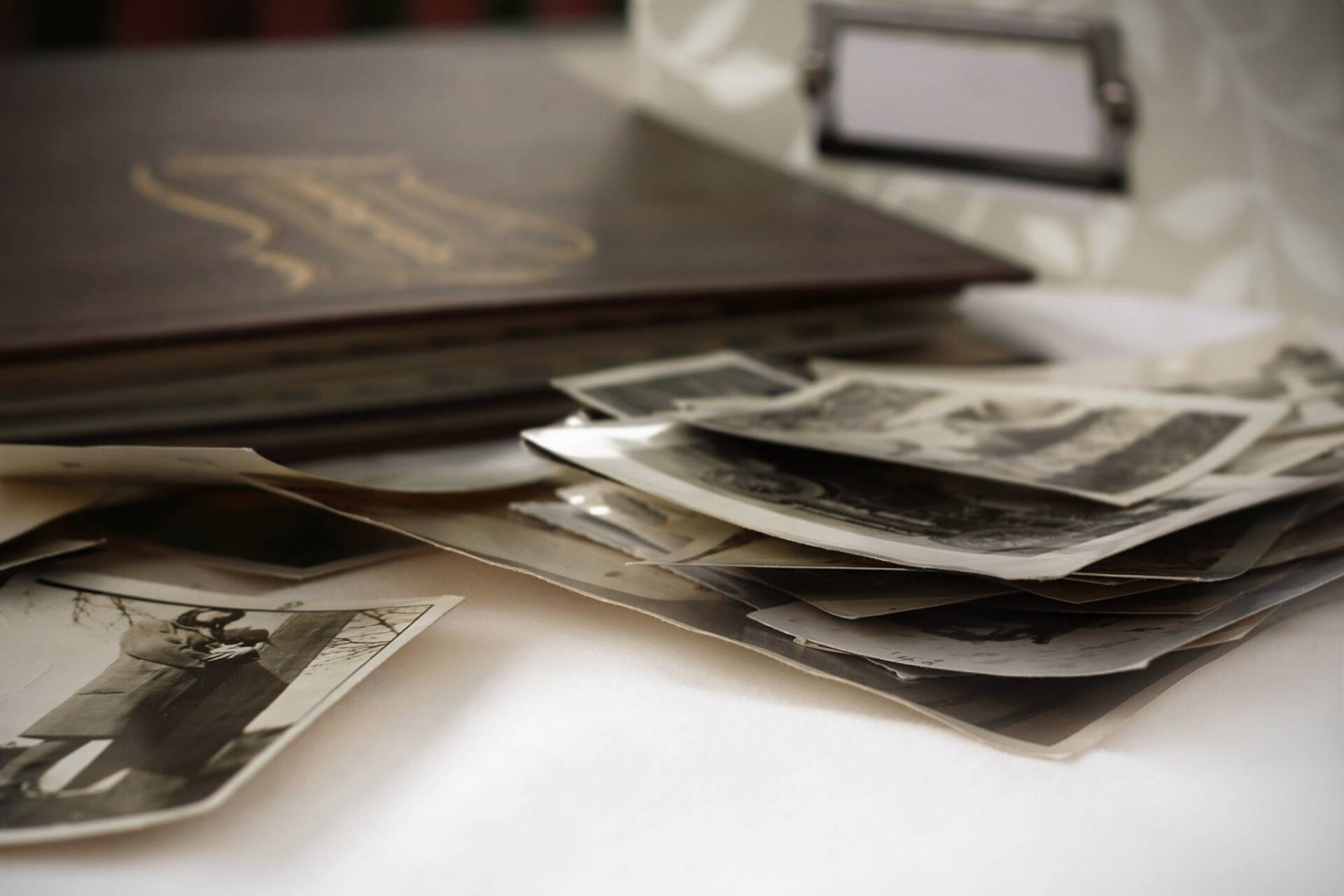As you embark on the exciting journey of exploring your Irish heritage, interviewing family members can be a crucial part of your genealogical research. These conversations can reveal valuable information about your ancestors, shedding light on your family’s history and Irish origins. This guide offers tips for interviewing family members to help you uncover your Irish roots, making your research more informative and rewarding.
Preparing for the Interview
Create a research plan
Before you begin interviewing family members, it’s essential to create a research plan. This should include a list of questions to ask, the order in which to ask them, and a list of potential interviewees. Having a plan ensures that you cover all relevant topics and helps you stay organized throughout the process.
Gather existing information
Before conducting your interviews, gather as much existing information about your Irish heritage as possible. This may include documents like birth, marriage, and death certificates, census records, and immigration records. Having a solid understanding of your family’s history will help you ask informed questions and encourage more meaningful conversations.
Choosing the Right Interviewees
Identify key family members
To get the most out of your interviews, focus on talking to key family members with extensive knowledge about your Irish heritage. These individuals may include older relatives, family historians, or anyone else who has shown an interest in genealogy. By speaking with these individuals, you’ll be more likely to uncover valuable information about your ancestors.
Conduct multiple interviews
It’s important to conduct multiple interviews with different family members. This allows you to compare stories and gather a more comprehensive understanding of your Irish heritage. Additionally, it can help you identify any inconsistencies or gaps in your family’s history that require further research.
Crafting Effective Interview Questions
Develop open-ended questions
When interviewing family members, it’s essential to develop open-ended questions that encourage detailed responses. Avoid simple yes-or-no questions, as they often lead to limited information. Instead, focus on questions that prompt interviewees to share stories, memories, and personal insights about your Irish ancestors.
Use prompts for specific topics
Sometimes, family members may need help remembering specific details or events. In these cases, use prompts to guide the conversation and encourage them to provide more information. For example, if you’re discussing an ancestor’s occupation, you might ask, “What kind of work did they do? Can you describe their daily routine?”
Establishing a Comfortable Interview Environment
Choose a familiar setting
To facilitate open and honest conversation, it’s crucial to choose a familiar and comfortable setting for your interviews. This could be the interviewee’s home, a family gathering, or another location where they feel at ease. A relaxed atmosphere will help your family members feel more willing to share their stories and memories.
Build rapport
Before diving into your questions, take the time to build rapport with your interviewee. This can involve casual conversation, sharing stories about your own Irish heritage, or expressing genuine interest in their experiences. Establishing a connection with your family members will help them feel more comfortable and open during the interview.
Conducting the Interview
Be an active listener
One of the most important aspects of conducting successful interviews is being an active listener. This means truly engaging with your family members’ stories, asking follow-up questions, and showing genuine interest in their experiences. By doing so, you’ll encourage them to share more in-depth information about your Irish heritage.
Record the conversation
During the interview, be sure to record the conversation. This can be done using a voice recorder, smartphone, or even taking detailed notes. Recording the interview allows you to review the information at a later time and ensures that you don’t miss any crucial details. Remember to ask for permission from your interviewee before you start recording.
Be patient and flexible
It’s important to be patient and flexible during your interviews. Family members may have difficulty remembering specific details, or they may need time to gather their thoughts. Be prepared to adjust your questions or follow a different line of inquiry if the conversation takes an unexpected turn. This adaptability will help you uncover more information about your Irish heritage.
Organizing and Analyzing the Collected Information
Transcribe the interviews
After conducting your interviews, take the time to transcribe the recorded conversations. This can be done by listening to the recordings and typing out the content or using transcription software. Transcribing the interviews will help you better analyze and organize the information, making it easier to identify themes and patterns related to your Irish heritage.
Compare and contrast the information
When analyzing the collected information, compare and contrast the stories and details provided by different family members. This will help you identify any inconsistencies, gaps, or areas of agreement, which can guide your further research. Additionally, it can provide a more comprehensive understanding of your family’s Irish history.
Incorporating the Findings into Your Genealogy Research
Update your family tree
As you uncover new information about your Irish heritage, be sure to update your family tree accordingly. This may involve adding new ancestors, expanding on existing profiles, or even revising previously recorded details. Keeping your family tree up to date ensures that your genealogy research remains accurate and current.
Share your findings with family members
Once you’ve conducted your interviews and analyzed the information, be sure to share your findings with other family members. This can help foster a deeper connection to your Irish heritage and encourage further exploration of your family’s history. Sharing your discoveries can also inspire other family members to share their stories, potentially revealing even more information about your Irish roots.
Continuing Your Irish Genealogy Research
Explore online resources
In addition to interviewing family members, be sure to explore the wealth of online resources available for Irish genealogy research. Websites such as the National Archives of Ireland, the Irish Family History Foundation, and the National Library of Ireland offer valuable resources like census records, church records, and newspaper archives. These can provide further insights into your Irish heritage and help you piece together your family’s history.
Connect with local historical societies
Local historical societies and genealogy groups can be valuable resources when researching your Irish heritage. These organizations often have access to local records, resources, and expertise that can assist in your research. Additionally, connecting with other individuals who share an interest in Irish genealogy can provide support, encouragement, and new research avenues.
In conclusion, interviewing family members is a crucial aspect of uncovering your Irish heritage. By following these tips and taking a strategic approach to your interviews, you can gather valuable information about your ancestors and gain a deeper understanding of your family’s history. As you continue your genealogy research, remember that there are many resources available to help you uncover your Irish roots and connect with your unique heritage.






Leave a reply